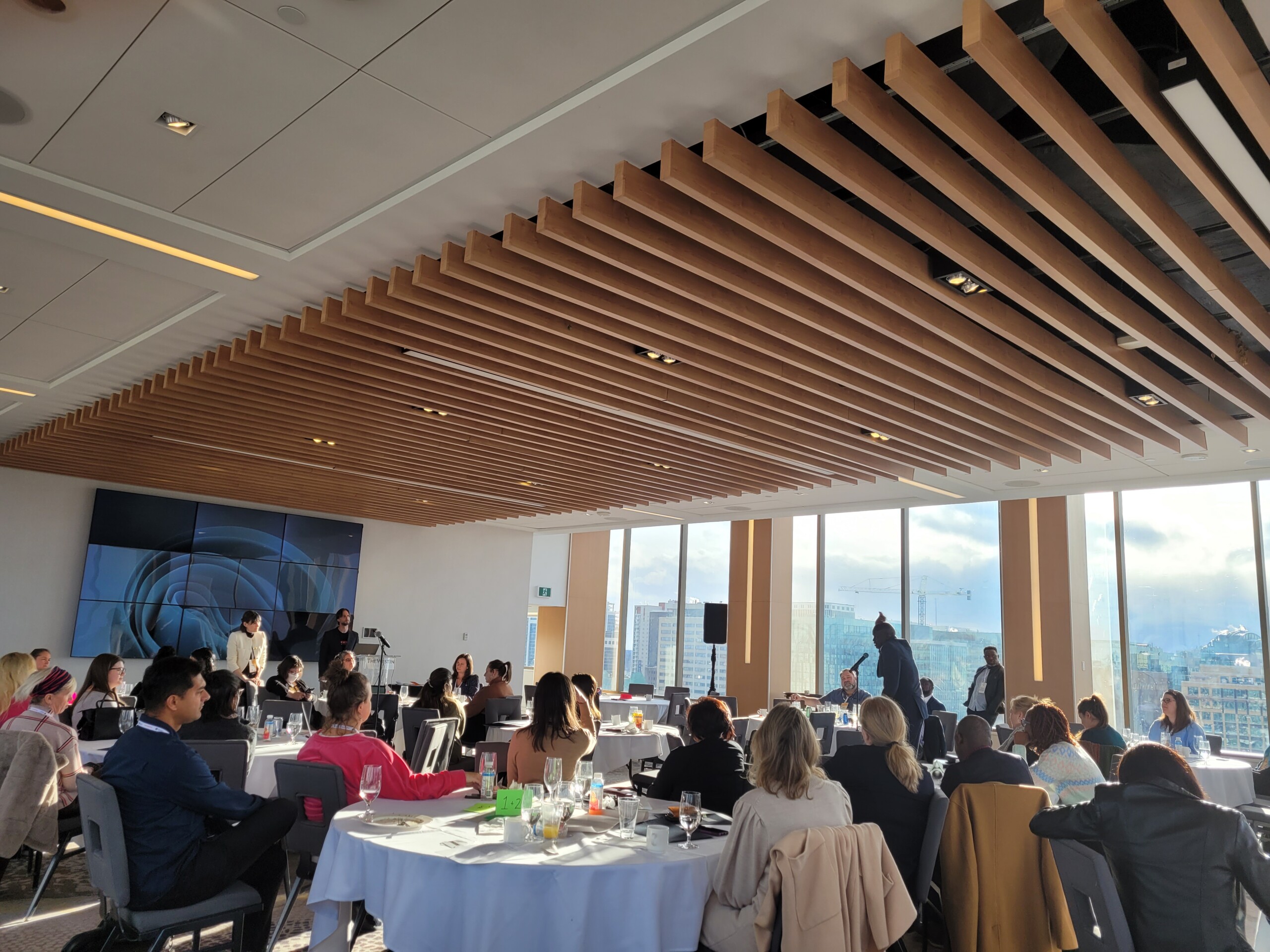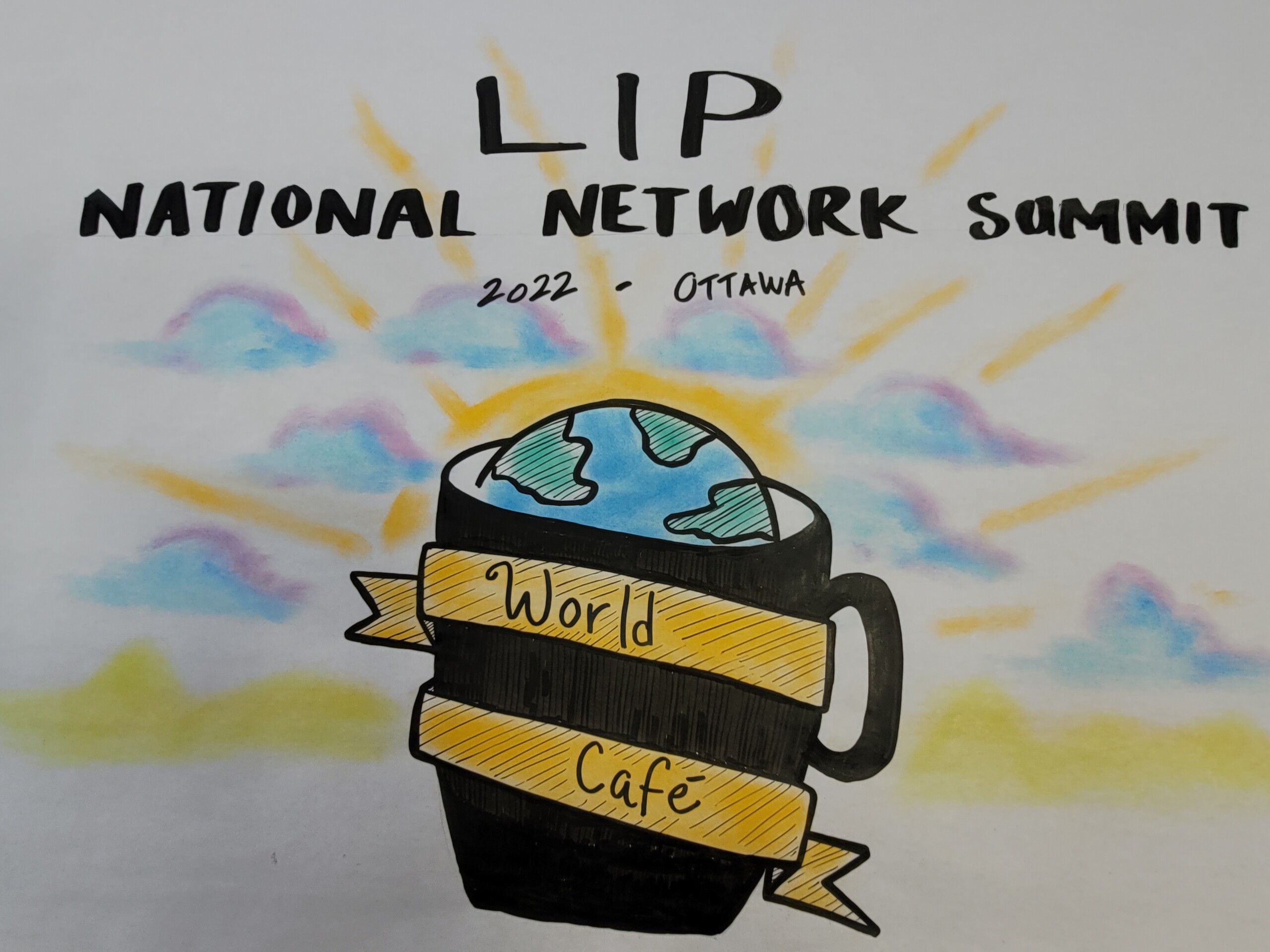Mandate and Mission
To improve the efficacy of the Local Immigration Partnerships and Zonal Immigration Partnerships through sustainable networks, shared resources, capacity building, and the amplification of diverse LIP/ZIP voices.
Vision
The vision is to curate a National LIP Secretariat that is inclusive, responsive, accountable, and effective by seeking diverse stakeholder views to address emerging issues collectively through a transparent governance structure and effective communication to influence and achieve strategic objectives.


Who We Are
National LIP Secretariat (NLS) functions as backbone support for the National LIP Network comprising over 80 Local Immigration Partnerships (LIPs) or Zonal Immigration Partnerships (ZIPs). Its purpose is to support the work of National LIP Network members through information sharing, facilitated collaboration, the provision of professional development opportunities, and collective representation across the country.
Background
A National LIP Secretariat Working Group emerged in the aftermath of the Calgary LIP Learning Event held in March 2018. During the event, it became clear to participating LIPs that there would be a great benefit to working as a collective and creating opportunities for LIPs/ZIPs to operate as a system whereby efficiencies and effectiveness could be gained, while upholding local priorities and unique needs across the country. As part of the groundwork for establishing a National LIP Secretariat, the working group had crafted an initial draft representative framework, presented it at the Pathways to Prosperity Conference 2018, and invited LIPs across the country to provide input. It resulted in a National LIP Network Summit in 2021 which facilitated the creation of an NLS governance structure that will remain in place throughout the pilot project, which is scheduled to conclude in March 2025. A review process in the final year of the project will determine the changes required to the governance structure, should the National LIP Secretariat continue beyond the pilot phase.

Governance Structure
As agreed in the National LIP Network Summit in 2021, the National LIP Secretariat employs a constellation governance model that includes an Executive Committee, NLS staff, and both standing and ad hoc working groups.
The NLS is primarily responsible to Local Immigration Partnerships and Zonal Immigration Partnerships across Canada. Each IRCC-funded LIP or ZIP is considered a member of the National LIP network and is thereby entitled to equal representation in consultation, network meetings, and, where necessary, voting. LIPs/ZIPs are responsible for identifying their own representative. In addition to its primary circle of stakeholders, the NLS has a further stakeholder groups including provincial umbrella organizations, national and regional Networks, policymakers, and newcomers to Canada.

